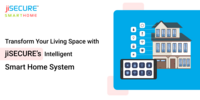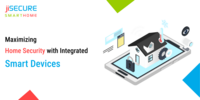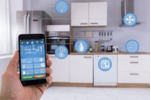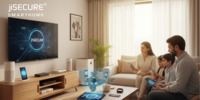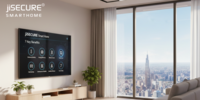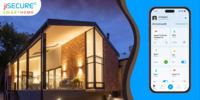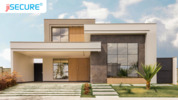- Sep 30, 2025
Share this post on:
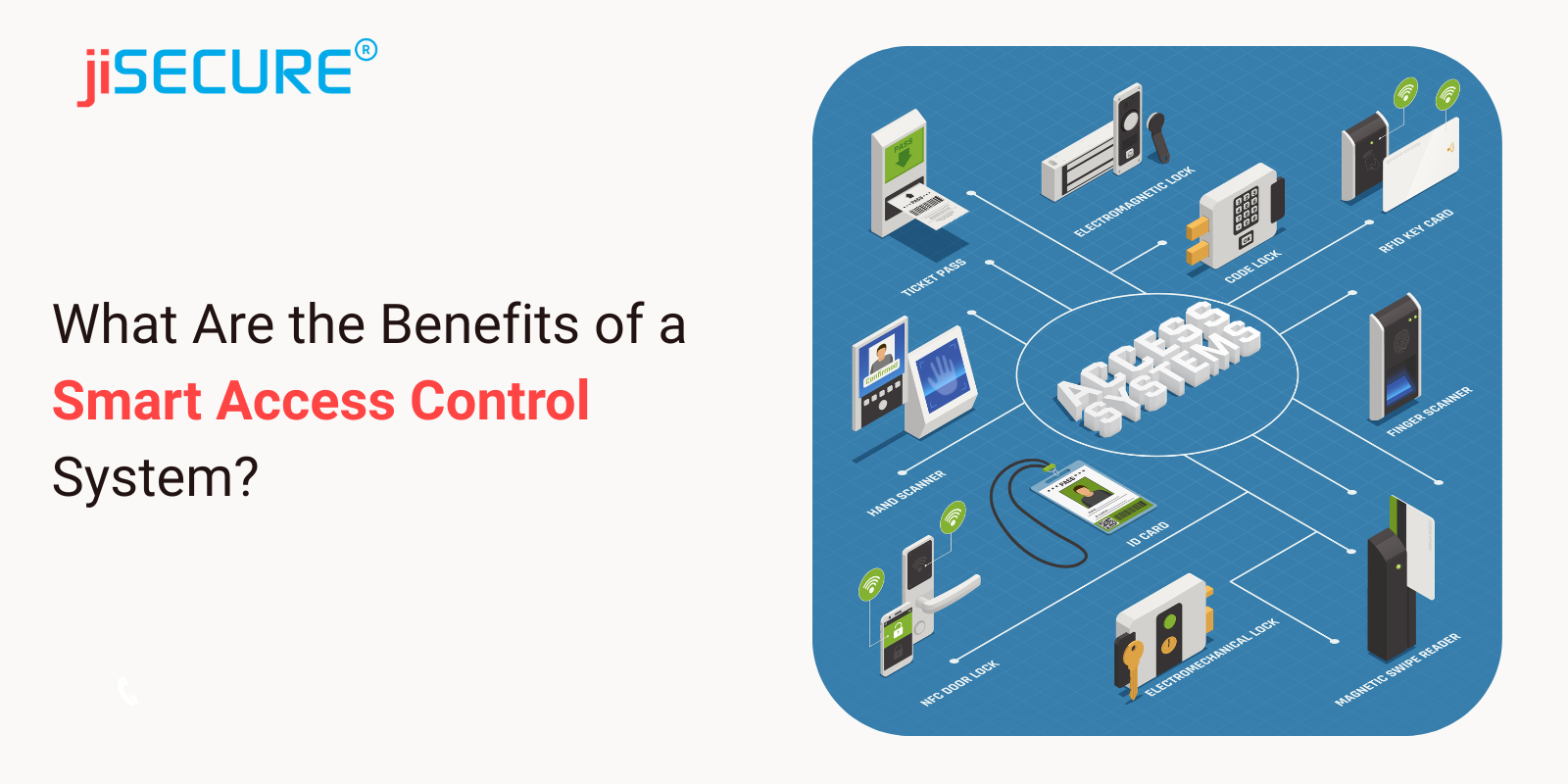
In today’s fast-paced world, businesses and homeowners alike are looking for innovative ways to enhance security, convenience, and efficiency. One technology that has revolutionized safety and automation is the smart access control system. Unlike traditional locks and keys, these intelligent systems leverage digital tools and business smart automation services to provide seamless and highly secure access management.
Whether you’re managing an office or upgrading your living space with home automation control systems, understanding the benefits of a smart access control system is essential. In this blog, we’ll explore how these systems work and why they are becoming a cornerstone of modern home automated systems and commercial security.
What Is a Smart Access Control System?
A smart access control system is an electronic security solution that regulates who can enter or exit a building, room, or specific area using digital credentials rather than physical keys. These systems integrate with other technologies such as home automation devices, home automation sensors, and even the IoT home automation ecosystem.
Smart systems can include features like biometric scanners, mobile app control, keycards, or even facial recognition. Integration with automation smart home platforms allows users to manage access remotely and automate security protocols based on schedules or events.
Benefits of a Smart Access Control System
1. Enhanced Security and Control
One of the most significant advantages of smart access control is the ability to tightly regulate who can enter your premises. Traditional keys can be lost, copied, or stolen, leading to unauthorized access. However, smart systems use encrypted digital credentials, biometric data, or time-sensitive access codes that are much harder to duplicate.
In commercial settings, business smart automation services can monitor entry logs in real-time, alerting security teams about any suspicious activity. For homeowners, integration with smart home systems ensures your home automated systems are always secure, whether you’re home or away.
2. Convenience and Flexibility
Smart access control systems provide incredible convenience. With options like app home automation, users can unlock doors remotely or grant temporary access to visitors, cleaners, or contractors without being physically present.
The ability to customize access permissions based on time or roles is a game-changer for businesses and busy households alike. For example, employees can have access only during work hours, and family members might have different levels of access to various parts of the home.
3. Integration with Home Automation Systems
The modern smart house system is all about connectivity. Smart access control seamlessly integrates with other automated smart home systems like lighting, heating, and security cameras. When paired with home automation sensors, the system can trigger automated responses such as turning on lights when a door is unlocked or alerting you if an unauthorized attempt is detected.
For DIY enthusiasts, integrating a DIY home assistant with your access control can enable voice commands and create complex automation routines, enhancing both security and user experience.
4. Remote Monitoring and Management
Thanks to home automation control systems and IoT home automation technology, smart access control systems allow remote monitoring and management via mobile devices or desktops. Whether you’re managing a corporate office or your home automation system, you can check access logs, lock or unlock doors, and receive alerts in real-time.
This capability is invaluable for busy professionals and families who want peace of mind knowing they have control at their fingertips anytime, anywhere.
5. Cost-Effective in the Long Run
While the initial investment in a smart access control system may be higher than traditional locks, the long-term savings can be substantial. Reduced risk of break-ins, less need for physical key replacements, and lower security staff costs translate to cost efficiency.
Furthermore, business smart automation services can often bundle access control with other automation solutions, simplifying maintenance and lowering operational costs.
6. Scalability for Growing Needs
Whether you start small with a home automation system or manage a large enterprise, smart access control systems are highly scalable. You can easily add new users, integrate additional doors, or connect new smart devices as your security needs grow.
This scalability ensures your investment in home automated systems or business security will continue to provide value over time without requiring a complete overhaul.
7. Increased Property Value and Modern Appeal
A property equipped with a smart home system and integrated access control is more attractive to buyers and tenants. These systems represent modern living and working solutions that prioritize security and convenience.
Whether it’s a residential smart house or a corporate facility, installing advanced access control technology demonstrates a commitment to innovation and safety, boosting your property’s market appeal.
How Does It Work With Other Home Automation Devices?
Smart access control systems are often the hub of a larger ecosystem of home automation devices. These can include smart locks, video doorbells, alarm systems, lighting controls, and environmental sensors.
For example, when combined with home automation sensors like motion detectors, your smart access system can automatically trigger alarms or send alerts if unexpected activity is detected near entry points. The use of app home automation allows users to configure these devices through a unified interface, streamlining control and enhancing security.
DIY Options and Professional Solutions
For those who prefer a hands-on approach, DIY home assistant platforms can integrate with smart locks and access systems, providing customizable automation routines. However, professional business smart automation services offer tailored solutions with advanced features, ongoing support, and robust security protocols ideal for commercial environments.
Whether you’re upgrading your smart house system or securing an office, it’s important to choose the solution that fits your needs and expertise level.
Final Thoughts
The adoption of a smart access control system brings numerous benefits, from improved security and convenience to better integration with home automated systems and overall cost savings. Whether for residential or business applications, these systems represent a key pillar of modern security and automation.
With the rise of automation smart home technologies and IoT home automation, smart access control will continue to evolve, offering smarter, safer, and more flexible ways to protect and manage your property.
If you’re looking to enhance your security with cutting-edge technology, exploring smart access control solutions is an excellent place to start.


